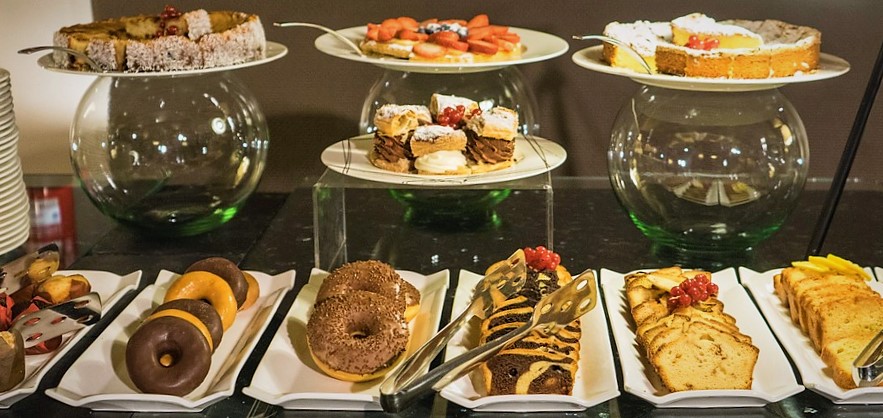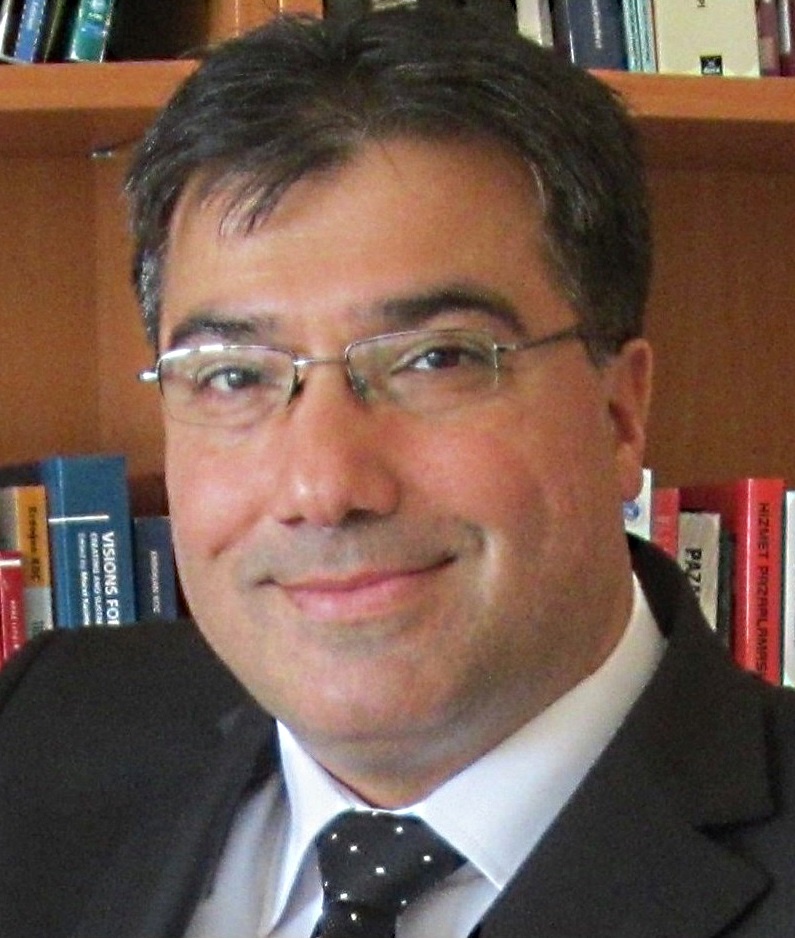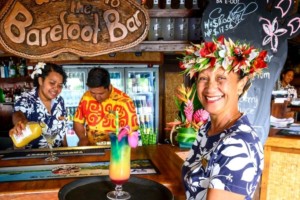Do all-inclusive holidays promote gluttony, obesity?

The propensity for all-inclusive tourism packages to lay on all-you-can-eat feasts at every meal may be contributing to obesity among populations who can afford such trips, according to Professor Erdogan Koc of Bandirma Onyedi Eylul University in this “Good Tourism” Insight contribution.
If Prof Koc’s suspicions are true, what can the industry realistically do to save guests from themselves? Are there opportunities for all-inclusive holiday and tour companies to massively reduce catering costs and food waste, and perhaps even open up opportunities within host communities, by starting a mature dialogue with their guests?
All-inclusive holidays satisfy psychological needs
All-inclusive holidays are preferred by tourists mainly to satisfy a number of psychological needs. Primarily, to a large extent, all-inclusive holidays satisfy tourists’ needs for safety by reducing the perception of financial, psychological, social, physiological, performance and time risks.
Tourists going on individually-organised holidays are significantly more prone to the above types of risks. Risk-free all-inclusive holidays enable tourists to have more control on their holiday activities. Control is a prevailing psychological need for human beings to ensure their survival and well-being. To a large extent, all-inclusive holidays provide all the three main types of control: cognitive, behavioural, and decisional.
As all-inclusive package holidays are bought and paid before going on a holiday, and the fact that tourists know that there will be no further payments, their psychological need for cognitive control is satisfied. Basically cognitive control ensures that no negative surprises occur. Hence cognitive control is to do with the predictability of future events and having sufficient information about future events.
Furthermore, the revocable nature of many all-inclusive holidays allow customers to cancel their holidays beforehand. Money-back guarantees enable tourists to have behavioural control; the ability to cancel a transaction at any point in time without incurring significant costs.

Finally, all-inclusive holidays enable tourists to have a free choice of alternatives. Tourists on all-inclusive holidays can make many of their consumption decisions freely in terms of what to eat and drink, such as what to choose from an open buffet, and which activity they wish which to participate in, etc. This ability to make free choices on all-inclusive holidays allow tourists to have decisional control. Contrary to an open buffet restaurant, a tourist eating in an à la carte restaurant may feel that her/his decisional control is limited due to the suggestions or hints of the waiter, the availability of food items, and so on.
Nevertheless, customers tend to be less satisfied in all-inclusive hotels compared with other hotels, due to dissatisfied and stressed employees who try to provide a non-stop service. In general in all-inclusive establishments, staff have worse working conditions and labour rights and are subjected to more stress and longer hours than those in other hotels. Still many countries like Turkey concentrate and depend largely on all-inclusive holidays.
All-inclusive holidays may cause gluttony and obesity
My research shows that on all-inclusive holidays tourists engage in inversionary or liminoidal consumption; they consume food and drinks excessively both in terms of quantity and variety. Based on the findings of the study, all-inclusive holidays may cause gluttony and obesity:

- Only about 12% of tourists on all-inclusive holidays thought that the quality of the food and drinks they consumed in all-inclusive holiday establishments was higher than the food and drinks they consumed in their daily lives. Boz’s (2015) neuromarketing study with the use of an Eye Tracker suggests that tourists tend to look at appetising local and ethnic food photos the least among the visual marketing communication messages containing photos of historical sights, natural beauties, indoor and outdoor facilities of the accommodation establishments rooms, and local and ethnic foods. This is primarily to do with the credibility of the photos. As most of the tourists in Turkey go on all-inclusive holidays they are aware of the food offerings these all-inclusive holiday establishments may have.
- Only 7% of tourists on all-inclusive holidays found the food and drinks as healthier in these (all-inclusive) holiday establishments compared with the food and drinks consumed in their daily lives.
- Almost half of the tourists ended up consuming a higher quantity of food and drink on holiday than they do in their daily lives.
- A significantly higher proportion of tourists (about 68%) consume more variety of food and drink when they are on a all-inclusive holiday compared with their daily lives. This means that a significant proportion of tourists engage in most of the types of behaviour pertaining to gluttony.
- It is an important finding that about 78% of tourists on all-inclusive holidays admit that they put on weight when they are on an all-inclusive holiday.
- Even if all tourists immediately return to their usual daily diets — only about 62% of them stated that they were capable of doing this — year after year people would be putting on a lot of weight.
- In addition to the amount of weight gained on an all-inclusive holidays, about 32% of respondents stated that they continue their over-consumption habits after their holidays.
- About 62% had illusion of control on all-inclusive holidays, i.e. assigned higher points to the food they chose themselves from the open buffet. Illusion of control may lead to increased value attachment to and liking for an individual’s her/or his own choices, in this case to the food they choose from the open buffet.
For Prof Dr Koc’s full working paper, which includes all references to others’ research, please download “The Influence of Open Buffet System in All-Inclusive Holidays on Illusion of Control, Gluttony and Obesity”.
What do you think? Share a short anecdote or comment below. Or write a deeper “GT” Insight. The “Good Tourism” Blog welcomes diversity of opinion and perspective about travel & tourism because travel & tourism is everyone’s business.
Images: All sourced from Pixabay.
About the author

Erdogan Koc is Professor of Services Marketing and Management at Bandirma Onyedi Eylul University, Turkey. He specialises in tourism and hospitality marketing and management and has published scientific papers on various aspects of all-inclusive tourism. Prof Dr Koc’s papers have been published in journals including Tourism Management, Journal of Travel and Tourism Marketing, Annals of Tourism Research, Total Quality Management and Business Excellence, International Journal of Human Resource Management and Journal of Gastronomy and Tourism. Together with Prof Hakan Boz he carries out research using psychophysiological tools (e.g. EEG, Eye Tracker, HR, GSR, etc.) to understand consumer and employee behaviour in tourism and hospitality.





